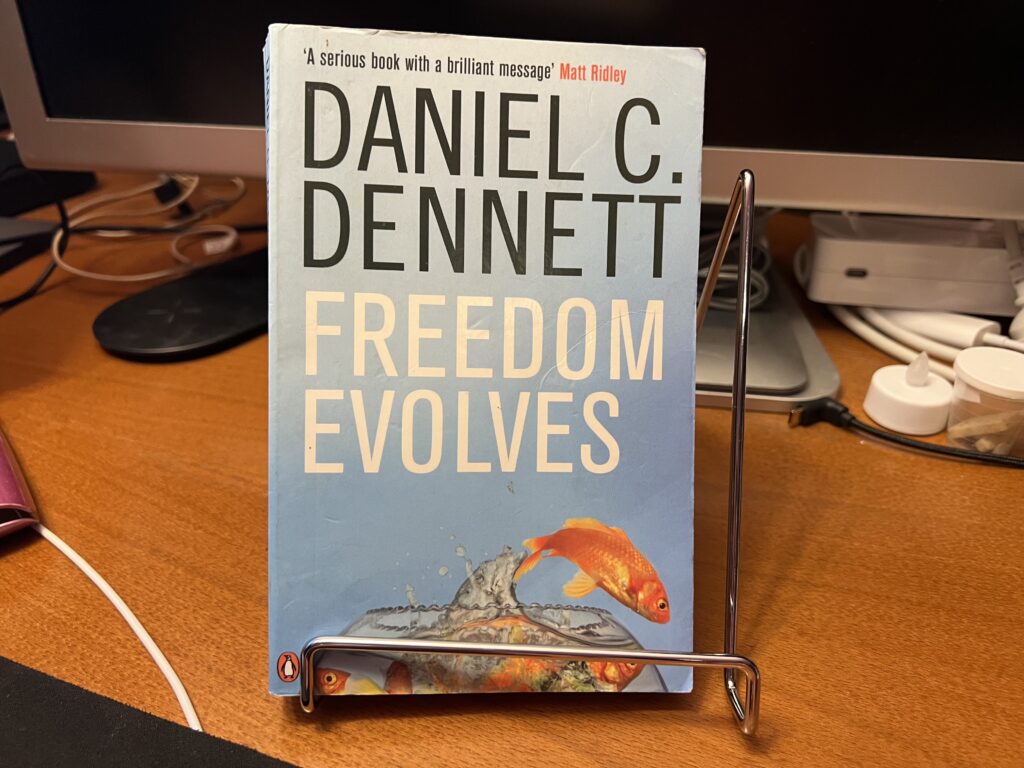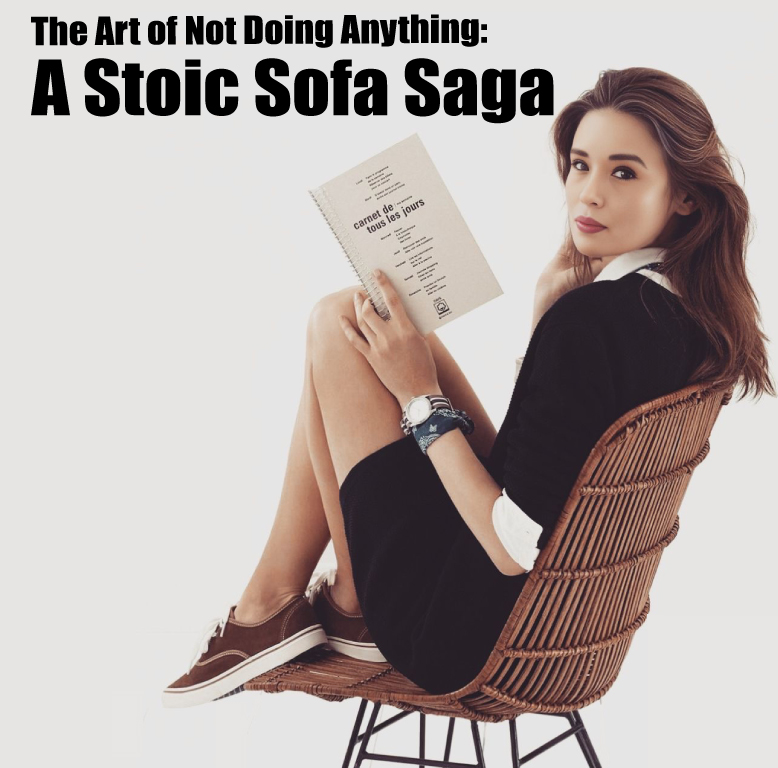
For the past two days, I’ve been grappling with a stubborn headache. I tried the classic remedy of popping pills, hoping for that sweet relief. Strangely enough, yesterday, I decided to take a different route – no medications, just a good old rest. Spoiler alert: it didn’t work. The pain escalated until I gave in and grabbed the pain reliever. Miraculously, the pain started to bid adieu.
In the midst of this headache saga, I found myself pondering a question that’s been debated for centuries: do we really have free will, or are we just swimming in a sea of choices? It’s a bit like my headache dilemma – to take or not to take the meds.
Enter the intriguing world of free will. Picture it as this cosmic remote control that lets us decide our actions, like choosing whether or not to endure the throbbing pain in our heads. Some folks argue that our choices are predetermined, like following a script. Others say we’re the authors of our destinies, flipping through the pages as we please.
Now, imagine you’re in a cozy bookstore, browsing the philosophy section. You stumble upon a book called “Freedom Evolves” by Daniel Dennett. This guy dives deep into the free will debate, suggesting that our freedom to choose evolves over time. It’s not a static trait but a dynamic dance between our biology and the environment.

Dennett compares our evolving freedom to a game of chess. In the beginning, the moves are limited, but as the game progresses, more options open up. Similarly, as we navigate life, our choices become more nuanced and complex. It’s like upgrading from a basic chess set to a three-dimensional holographic version.
So, back to my headache-induced musings. Maybe our free will is a bit like choosing whether or not to medicate a headache. We might not control every twist and turn, but in those moments of choice, we get to play a hand in the unfolding story of our lives.
In the end, whether it’s battling headaches or contemplating the mysteries of free will, the journey is often more interesting than the destination. After all, life’s choices are the colors that paint the canvas of our existence, headache and all.


